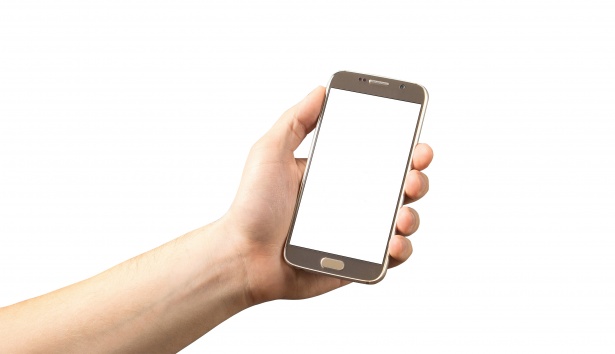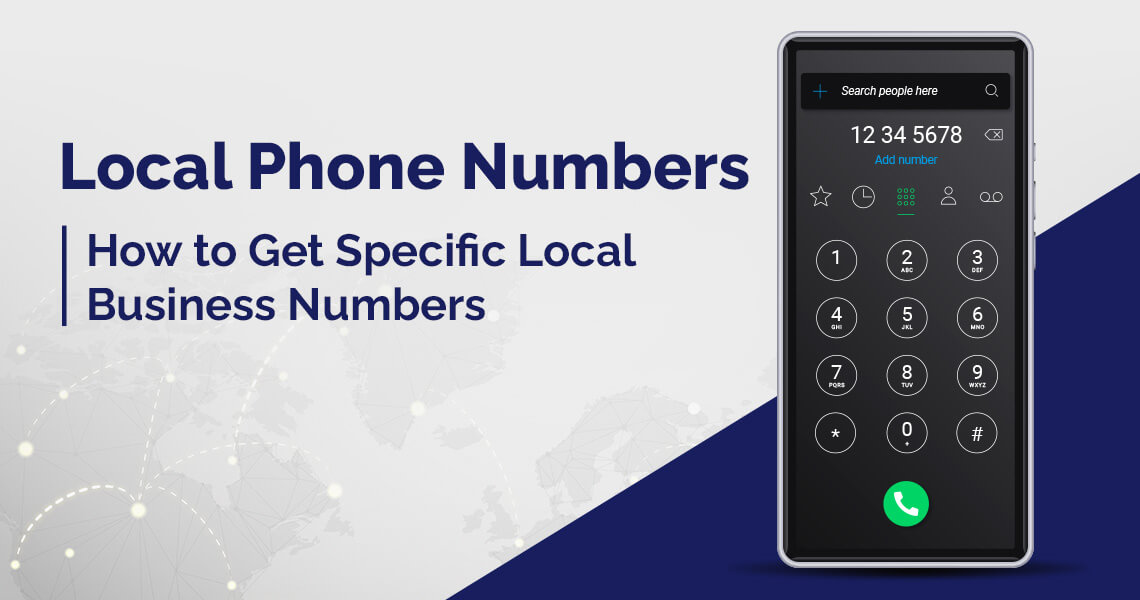The Hidden Costs of Using Personal Cell Phones for Business (And Better Solutions)

While using personal cell phones for business communications seems convenient, many entrepreneurs don't realize the hidden expenses and risks this practice creates. From compliance violations to lost opportunities, these overlooked costs can significantly impact your bottom line. Here's what every business owner should know - and professional alternatives that deliver better results.
1. Compliance and Legal Vulnerabilities
Industries like healthcare, legal services, and financial advising face strict communication regulations. Personal devices often lack encrypted call recording, secure messaging, and proper documentation required for HIPAA, FINRA, or attorney-client privilege. One accidental violation from an employee's smartphone could trigger six-figure penalties.
2. Lost Business Opportunities
When customers see different employee cell numbers on caller ID, it erodes brand trust. Missed calls during vacations or device issues mean lost leads - studies show 85% of customers won't call back after one unanswered attempt. Personal phones also lack call routing features to ensure 24/7 availability.
3. Productivity Drain
Mixing personal and business calls creates constant context-switching that reduces efficiency. Employees waste 22 minutes daily managing dual communications (Harvard Business Review). Without centralized call logs or CRM integration, sales teams lose valuable client insights hidden in individual phones.
4. Security Breach Risks
Personal devices are vulnerable to malware, phishing attacks, and physical loss. When employees leave your company, they take client contacts and call history with them. This exposes sensitive business data and violates data protection laws in many industries.
5. Tax and Reimbursement Headaches
The IRS requires detailed logs to deduct business call expenses from personal plans. Most companies underestimate the administrative burden of tracking and reimbursing these costs accurately. Audits frequently disallow improperly documented claims.
Professional Alternatives
- Business VoIP Systems: Cloud-based solutions with team extensions and call recording
- Dedicated Mobile Apps: Enterprise-grade calling through business smartphones
- Call Forwarding Services: Route business lines to any device while maintaining professional IDs
- Virtual Receptionists: Never miss calls with AI-powered answering services
- Softphone Solutions: Make/receive calls through laptops with full CRM integration
Implementation Roadmap
Phase 1: Audit current phone usage patterns and compliance requirements
Phase 2: Choose a scalable solution matching your industry needs
Phase 3: Implement number porting and team training
Phase 4: Establish clear BYOD (Bring Your Own Device) policies if needed
Phase 5: Monitor call analytics to optimize communication workflows
The true cost of personal phone use goes far beyond monthly bills - it's measured in lost clients, compliance risks, and operational inefficiencies. Modern business phone solutions offer affordable, feature-rich alternatives that protect your interests while projecting professionalism. For growing companies, this transition from ad-hoc personal devices to structured systems often delivers an immediate ROI through improved customer satisfaction and team productivity.



